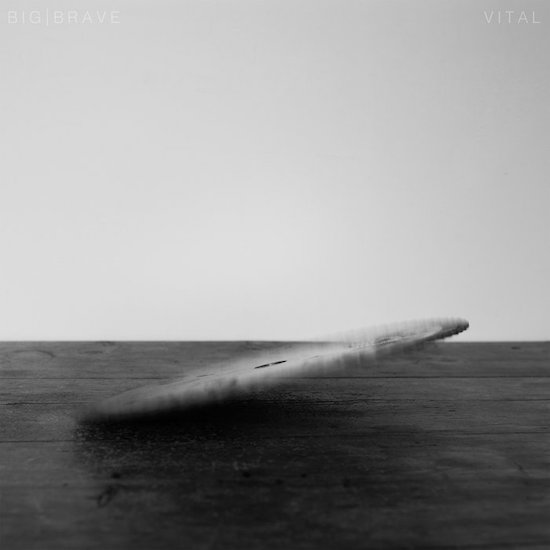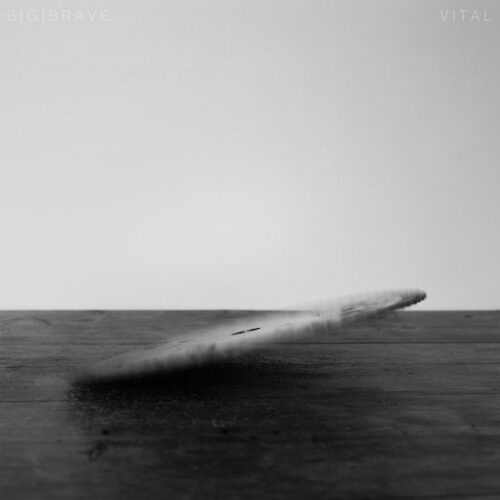The separation of art and artist is an absurd notion, one which implies that art comes into being despite, and not thanks to the creative individual, detached from their life experiences, ideologies, and actions. But if the absurdity of that argument was somehow still not self-evident, Big Brave’s new record serves as a mighty riposte demonstrating just how inextricable the work is from its creator. While frontwoman Robin Wattie’s experiences as a person of mixed race have always shaped the themes and music of the Montreal-based metal outfit, Vital in particular feels like an extension of her being – a musical manifestation of the struggles behind and fights ahead.
While the group’s previous records often chose one mood and one mode of attack – like the static but growing drones on 2017’s Ardor or the harrowing sonic punches of 2019’s A Gaze Among Them – Vital sways between styles, surrendering form to matter. The album embraces Wattie’s self-reflective lyrics about identity and race completely, becoming an exploration of the dynamics between individuals and a (hostile) society. Take the opening ‘Abating the Incarnation of Matter’, for example, which guitarist Mathieu Ball and drummer Tasy Hudson explode with the impact of a thousand drone and doom metal bands playing a folk song in unison. Above, within and around them, Wattie’s voice soars with the stirring mixture of fragility and venomous spite of a person needing to tell their story and wanting to be heard even when it seems no one is listening.
The frustration of this conflict catches up with the band on ‘Half Breed’. Excerpts from Alexander Chee’s book of essays How to Write an Autobiographical Novel are turned into lyrics for Wattie to trace her steps and those of countless others locked in repeating patterns, belonging neither here nor there. At first, her delivery is a momentous scream as she pushes against huge swirls of sludge in an attempt to move forward. Then, silence creeps in. When the surges of noise finally die down, Wattie remains alone, beaten, and tired. “The pattern for history…”, she repeats and trails off in singsong, while her words collapse in a heart-rending sequence.
After this breaking point, the latter part of the album is like trying to catch a breath in search of reprieve after an emotional breakdown. ‘Wited, Still and All…’ is a soft and broken, but strangely discordant cut, while ‘Of This Ilk’ and ‘Vital’ allow the more musically daring sides of the group to surface, with start-stop rhythms and razing riffs fencing the mass of metal aftershocks. As the album nears its end, there is a sense of something huge moving past just beyond the reach of senses, leaving a trail of subtle melodies behind. A way forward where there was none before.



